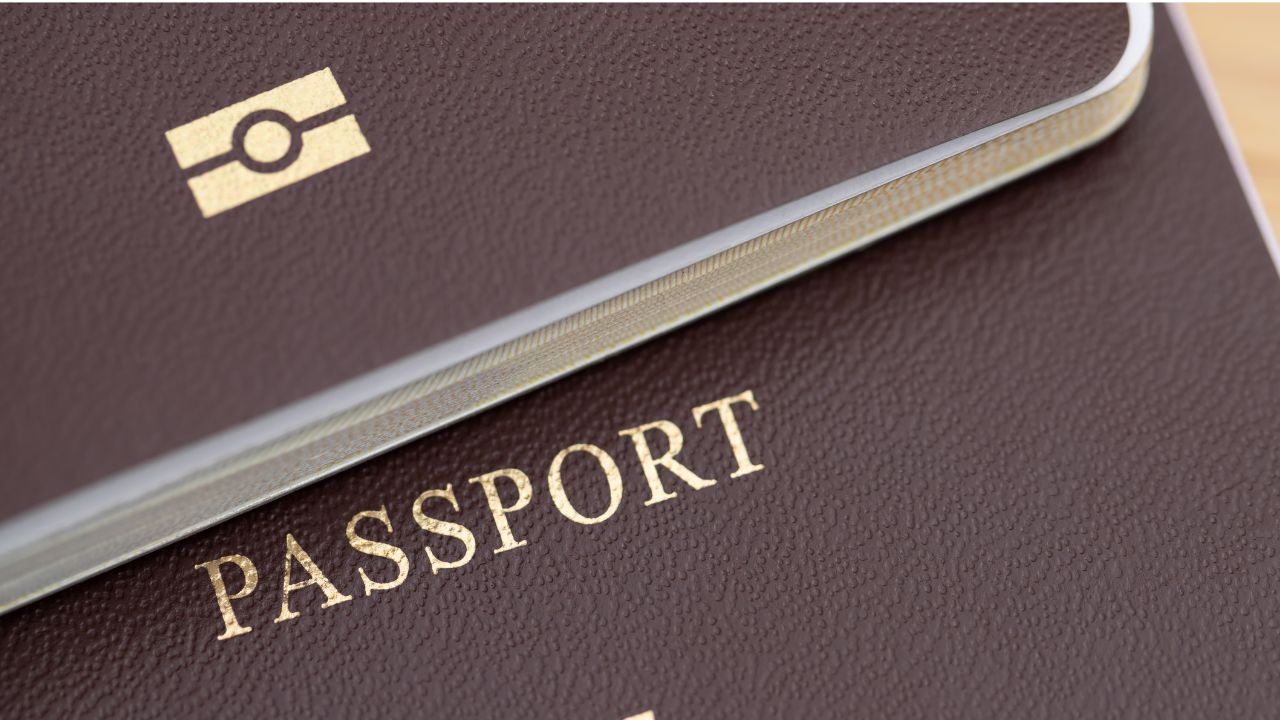1. What is the 2025 Immigration White Paper?
The 2025 Immigration White Paper is a policy document released by the UK Government on 12 May 2025, entitled Restoring control over the immigration system, outlining proposed reforms to the UK’s immigration system. Its primary objectives are to reduce net migration, prioritise high-skilled immigration, and enhance the integrity and enforcement of immigration rules. The proposals encompass changes to work, study, family, and settlement visa routes.
2. What are the key proposals outlined in the White Paper?
The White Paper introduces several significant changes:
- Shortening the list of jobs for which employers can sponsor a worker from overseas for a Skilled Worker visa. Jobs assessed as being medium-skilled – RQF level 3 – cannot be filled from overseas unless the Migration Advisory Committee recommends an exemption and the industry is demonstrating efforts to recruit domestically.
- Ending an existing exemption for social care workers: employers will no longer be allowed to recruit them from abroad.
- Exploring a levy on universities’ income from international student fees.
- Making it harder for universities to keep their licence to sponsor student visas by introducing tougher compliance rules.
- Reducing the standard length of the Graduate visa, for international students to stay on and work in the UK, from two years to 18 months.
- Stricter English language rules: higher standards for those taking language tests, and requiring the partners of people moving to the UK on work visas to have basic English to qualify for a ‘dependant’ visa.
- Increasing the standard qualifying period for permanent residence (also known as indefinite leave to remain or settlement) from five to ten years, with some people qualifying sooner based on criteria yet to be decided.
- Making it easier for people to come to the UK on certain visas aimed at highly skilled migrants, such as the Global Talent and High Potential routes. This is the only measure designed to increase immigration.
Most of these changes can be implemented by amending the Immigration Rules and do not require new legislation, except for the proposed levy on student fees.
3. Does the 2025 Immigration White Paper change UK immigration law immediately?
No. A White Paper is a policy proposal document, not a legislative instrument. It sets out the government’s intentions and outlines the changes it aims to introduce to the immigration system in the future. Therefore, the 2025 Immigration White Paper does not itself alter existing immigration law or the Immigration Rules. Any proposed reforms will require either amendments to the Immigration Rules, which can be made by secondary legislation, or the introduction of new Acts of Parliament for more substantial legal changes.
As a result, not all details, including specific implementation dates, eligibility criteria, or transitional arrangements, are currently available. Subsequent rule changes, consultations, and formal legislative processes will clarify these.
4. When will these changes come into effect?
There is no fixed date for the implementation of the proposed changes. The Government has announced that some reforms will be introduced “in the coming weeks,” while others will be rolled out “over the course of this Parliament,” which extends until 2029. Specific timelines for each proposal have not been provided.
Most of the media attention and questions from constituents have focused on the proposal to extend the qualifying period for indefinite leave to remain. The white paper says there will be a consultation on this “later this year”, meaning that there will not be changes straight away.
5. Will the extended settlement qualifying period apply to current residents?
The Government has not definitively stated whether the increase from five to ten years for settlement eligibility will apply to individuals already residing in the UK. However, the White Paper’s technical annexe (Paragraph 11) suggests that the change may affect those currently in the UK, indicating that some individuals may leave due to the extended timeframe for obtaining settled status. A consultation on the “earned settlement” proposal is expected later in 2025, which will provide further clarity.
The BBC and Financial Times have reported (citing unattributed government sources) that this is the government’s intention, possibly with mitigations for people who are already close to qualifying for settlement.
6. Are there exemptions to the extended settlement period?
Yes. The White Paper explicitly exempts individuals married to British citizens and victims of domestic abuse from the extended ten-year settlement period. These individuals will continue to qualify for settlement after five years. Additionally, the Government proposes an “earned settlement” route, allowing earlier settlement for those who make significant contributions to the UK economy and society, though specific criteria are yet to be defined.
7. Will Parliament vote on these changes?
Most of the proposed changes can be enacted through a statement of changes to the Immigration Rules, which do not require a vote in Parliament. Such changes take effect automatically unless either the House of Commons or the House of Lords votes to annul them within 40 days. However, certain elements, like the proposed levy on international student fees and changes to citizenship rules, will require new legislation and thus parliamentary approval.
8. How can individuals and stakeholders provide input on these proposals?
The Government has indicated that it will conduct consultations on specific proposals, such as the “earned settlement” model. Stakeholders, including individuals, employers, and educational institutions, will have opportunities to provide feedback during these consultations. Details on how to participate will be announced in due course.
For further information and updates, please refer to the official House of Commons Library briefing: Changes to UK visa and settlement rules after the 2025 immigration white paper.
How Whytecroft Ford Can Help
We provide expert legal advice and representation to help you navigate immigration changes proposed under the 2025 White Paper, ensuring compliance, clarity, and strategic readiness.
Contact our team on 0208 757 5751 or use our contact form.






